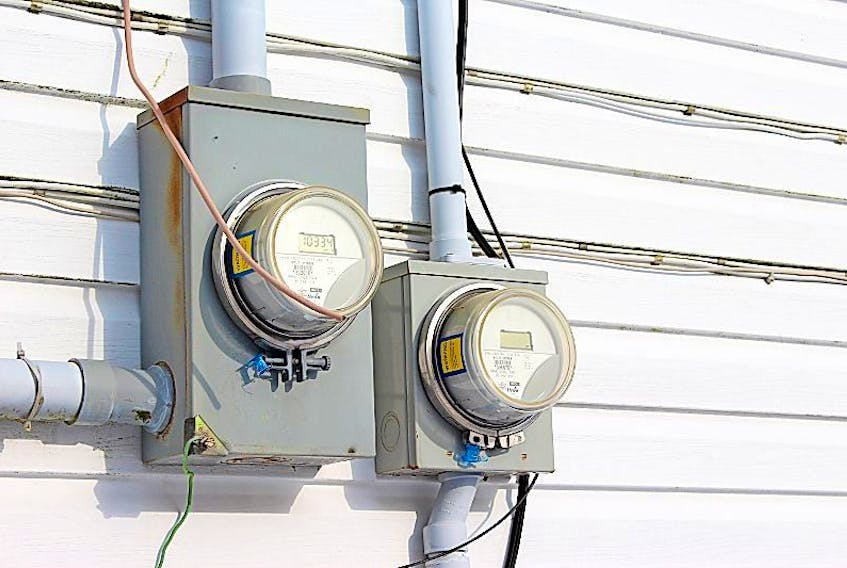
It’s almost too hard to keep track of: where rate increases for electricity in this province are coming from, and what the final numbers are going to be.
On the one hand, Newfoundland and Labrador Hydro is in the midst of a rate increase process that’s set, if passed, to increase rates by some 13 per cent over the next year and a half or so. Part of that rate has been approved on an interim basis while the rate review process goes ahead, and part of that rate increase involves a process where Hydro would charge customers as if they were received power generated with oil at Holyrood, even if the power is much cheaper electricity supplied from somewhere else. (The difference would be essentially banked to try and soften the massive increase in power rates when Muskrat Falls comes on stream.)
But now, Newfoundland Power is looking for an increase, too, and although it’s not as large, just 1.2 per cent next March, the reasons for the increase are, well, alarming.
As the province’s Consumer Advocate Dennis Browne puts it, Newfoundland Power is looking for a rate increase in part because rate increases are affecting the economy: “Newfoundland Power is maintaining that its risk has increased due to the province’s struggling economy resulting from Muskrat Falls. It is worth noting that Newfoundland Power had opportunity to oppose the Muskrat Falls project but chose to remain silent. Newfoundland Power cannot use this complicity of silencers a reason to seek rate increases from consumers.”
Related story:
Consumer advocate criticizes Newfoundland Power rate increase application
The way the company puts it in its rate application is, “The company’s long term growth is uncertain. This uncertainty reflects a weak economic outlook for the province and expected increases in the cost of electricity following interconnection of Nalcor Energy’s Muskrat Falls project.”
“In Newfoundland Power’s view, the continuation of a struggling provincial economy and the commissioning of Nalcor Energy’s Muskrat Falls project contribute to an above-average business risk for the company. This is substantiated by expert evidence filed with this application.”
“A shift from a period of sales growth to sales decline can be expected to put pressure on Newfoundland Power’s ability to earn a fair return.”
And that makes the company less attractive from an investment point of view, increases the cost of borrowing, and means the company deserves a better return to cover the risks it is taking.
So, power rates have to go up more because … power rates are already going up, and that’s affecting the economy.
But if that’s the case, then won’t Newfoundland Power’s rate increase hurt the economy’s prospects and … require more power rate increases?
(There are other issues in the rate application that should also give people in this province pause: like the fact that 83 per cent of Newfoundland Power’s equipment and service costs are the result of servicing rural parts of the province, and the utility says it expects the rural population on the island to drop by 25 per cent by 2036. “The cost of serving a declining number of customers in rural areas will put additional pressure on the company’s ability to recover the investment in assets required to service those customers.”)
Browne, meanwhile, argues that Newfoundland Power’s after-tax profits have increased steadily over the past four years, closing in on $41 million in 2017 — and because of that, “Newfoundland Power cannot justify any rate increase.”
Remember when we were told that Muskrat Falls was needed to stabilize electricity rates?
Now, it’s pretty clear that it is destabilizing them —- in a frightening fashion.
Russell Wangersky’s column appears in 39 SaltWire newspapers and websites in Atlantic Canada. He can be reached at [email protected] — Twitter: @wangersky.









